5. First Man (Best Picture)
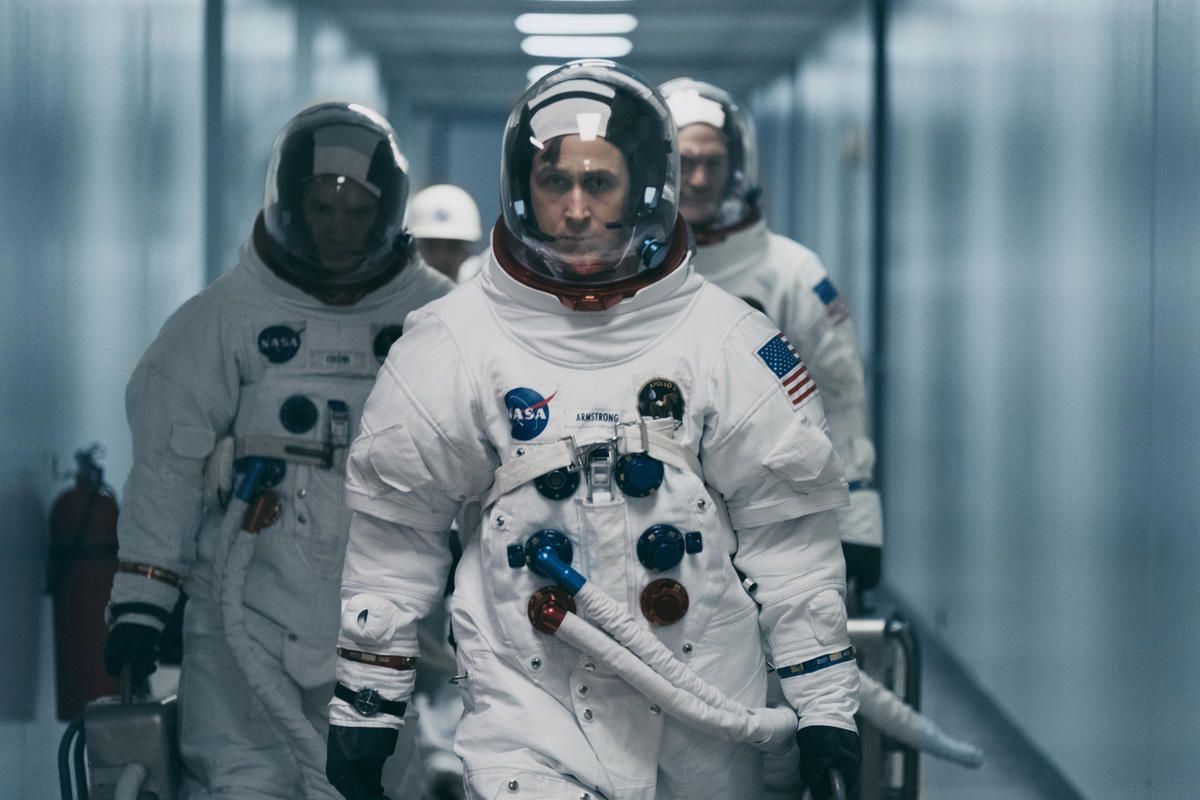
Like Barry Jenkins, a new Damien Chazelle film was treated as a natural frontrunner for the Best Picture gong, even leading the odds race early last year. Telling the very American story of Neil Armstrong’s mission to the new moon yet filtering it through a personal and reflective lens, First Man boasted some of the best technical innovations seen all year.
Upon its premiere however, where it received positive reviews at Venice, a false controversy regarding the planting of the American flag on the moon (which is seen in the movie) had the right wing media nix any chance of First Man receiving any Best Picture love.
Ironically, this effort by the right-wing only mean that Vice, a far more directly liberal film, sneaked into the last nomination slot. Perhaps Chazelle should’ve delayed the release till this year to coincide with the 50th Anniversary of the moon landings.
4. Shirkers (Best Documentary)
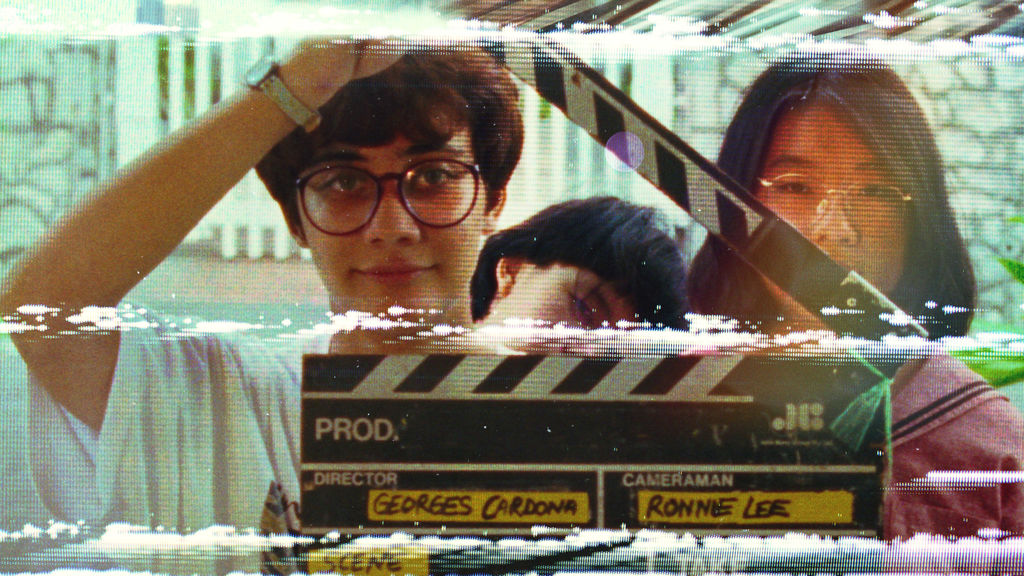
Telling the story of a legendary lost Singaporean movie, the Netflix original boasted a colourful aesthetic and an intriguing mystery-based storyline. After losing so much earlier in her life, director Sandi Tan managed to turn her misery into gold, going back after the fact to see where it all went wrong. She created a fantastic, deeply moving film in the process. Boasting 100% on Rotten Tomatoes, this was the best received documentary of the year. Academy voters were not interested however, preferring the likes of Hale County This Morning, This Evening, Free Solo and RBG instead.
In many ways history has repeated itself, with Tan left dejected once again despite creating something truly original. It was symptomatic of a broader rejection of films by female filmmakers in general, with only 10 nominations between them (five of which are in the shorts categories). Hollywood has to do better in future years.
3. Hereditary (Best Actress)
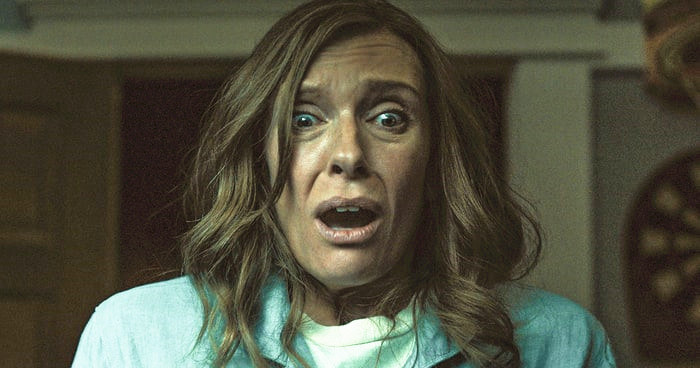
Hereditary was the film that once again proved that horror is the dominant genre of the modern era, a deeply distressing and incredibly scary film that grounded its thrills in real fears about being a mother and never being able to get over inherited trauma.
Toni Colette more than excels as a bereaved daughter trying to do the best for her family haunted by an ancient demon. It’s strange considering that this is the kind of balls-to-the-walls performance that the Academy should be celebrating. Colette is unafraid to go completely over-the-top to achieve the film’s devastating emotional effect, yet voters didn’t bite; nixing her Oscar chances. Amazingly, the film itself didn’t get a single nomination.
It’s representative of the Academy’s general disinterest in horror. Actors have to be really special to win the Best Award. For example, Get Out saw Daniel Kaluuya got a nomination for Get Out, Black Swan honoured Natalie Portman with the top prize, and Silence of The Lambs secured an Oscar for Jodie Foster. Hereditary, for all its excellence, and for whatever reason, simply didn’t hit the zeitgeist in the same way. Toni Colette will have her revenge one day.
2. Burning (Best Foreign Language Film)
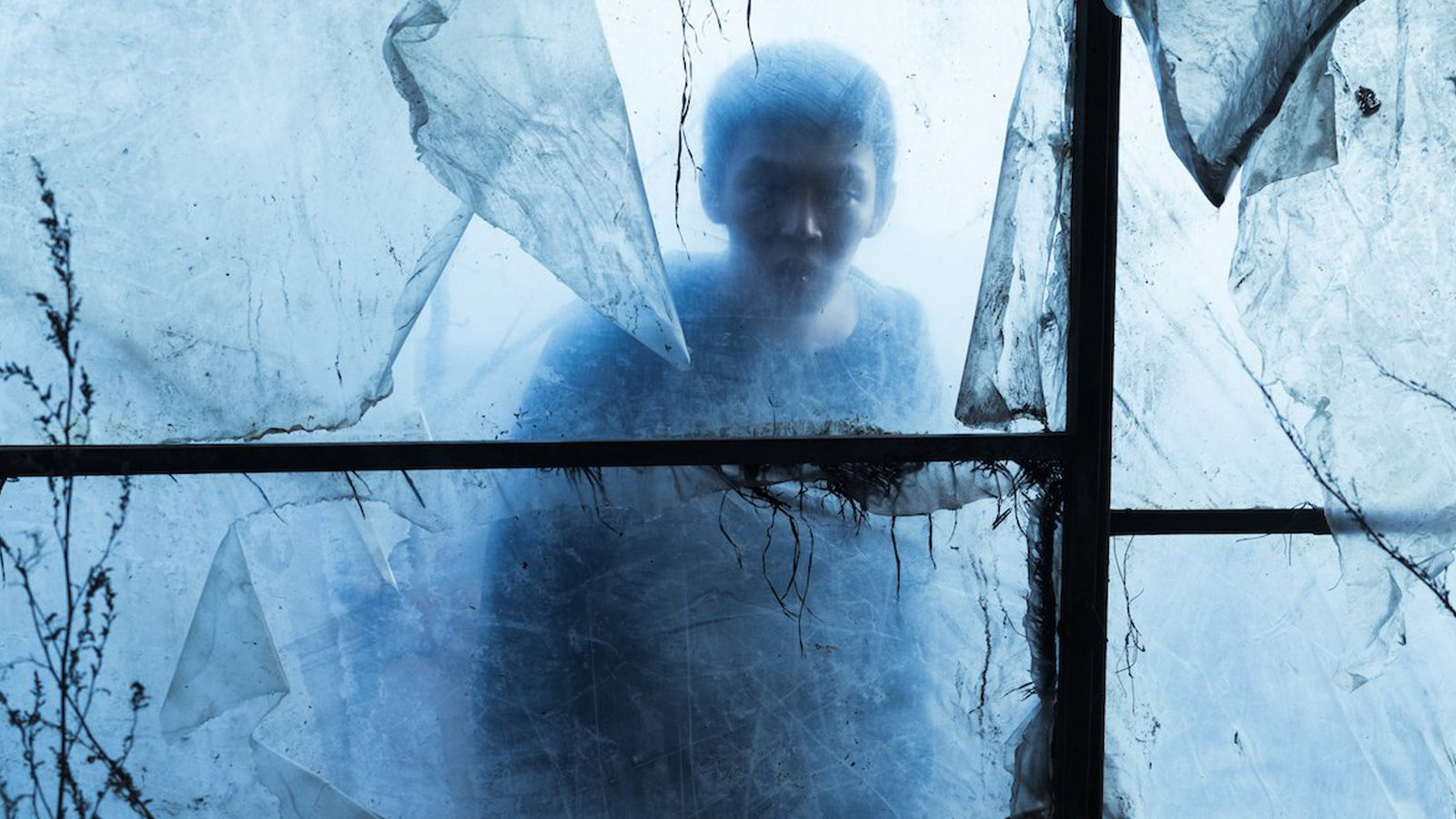
Receiving the highest ever Critic’s Grid score (3.8) at Cannes Film Festival, Burning wowed nearly everyone who managed to see it. Based upon the Haruki Murakami short story, this delicate tale of jealousy boasts three of the best performances of the year as well as smart and subtle directing from Lee Chang-Dong. While shortlisted for Best Foreign Language film, it failed to get that crucial final spot.
Its failure reflects Murakami’s own failure to win the Nobel Prize for Literature. Every year the Japanese author is in the running but never quite manages to get the top prize. Additionally, despite submitting films for consideration since 1962 — including classics such as Spring, Summer, Autumn, Winter… and Spring, Mother and Secret Sunshine— South Korea has never managed to get a single Foreign Language nomination. Perhaps the film’s slow burn central mystery was too enigmatic for the Academy, who nominated heart-stirring tales such as Caparnaum and Shoplifters instead.
1. First Reformed (Best Actor)
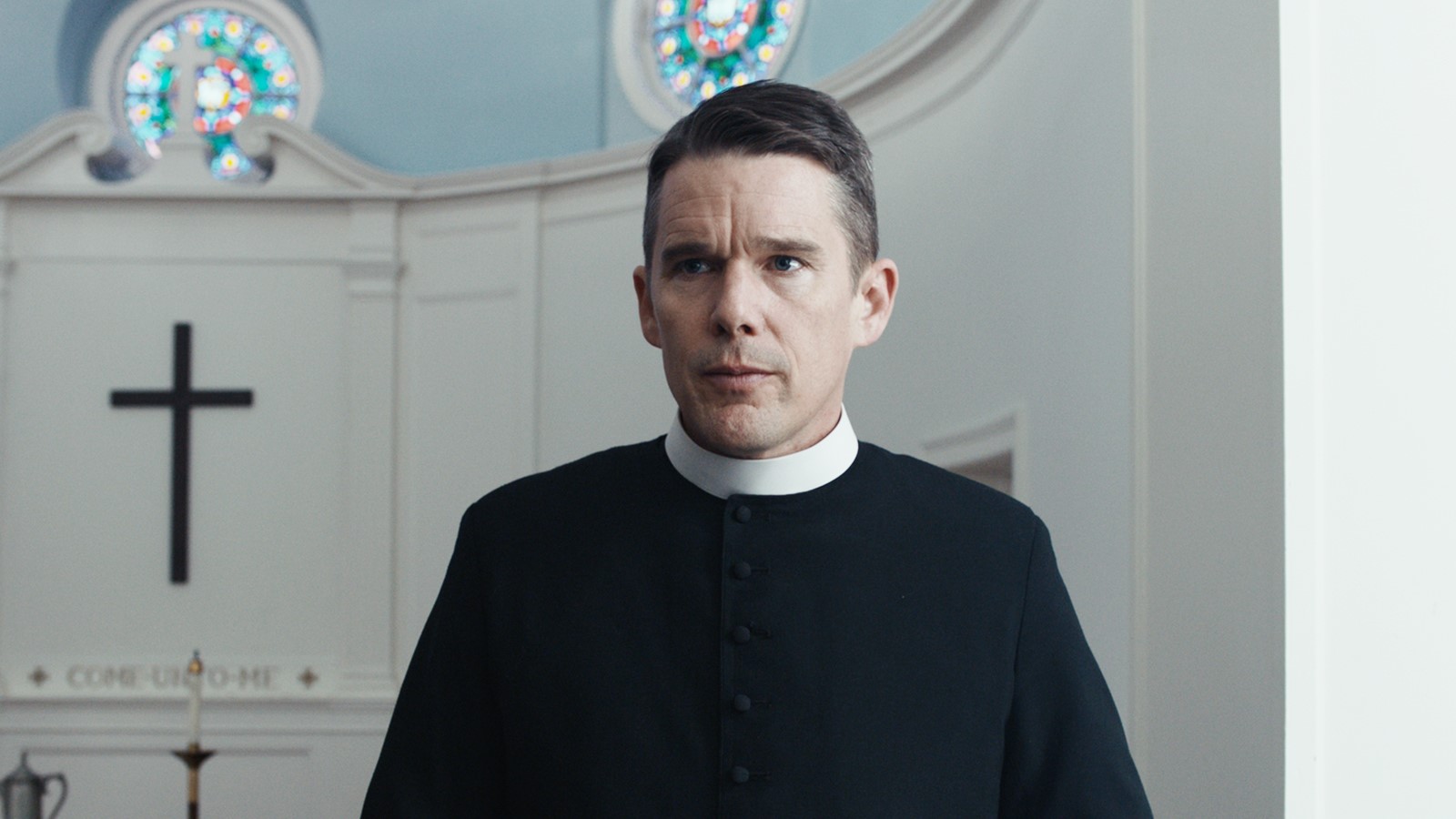
Ethan Hawke provides an acting masterclass in Paul Schrader’s First Reformed, a clever play on films such as Diary of a Country Priest and Winter Light that serves as a summation of the director’s entire aesthetic.
Playing the role of an alcoholic priest undergoing a severe existential crisis, Hawke’s performance is as subtle as it is devastatingly wrought. Moving between father-like care, sexual passion and deep spiritual yearning with ease, Hawke really brings the environmentally-concerned material to life.
Ethan Hawke won so many awards for this performance, including Best Male lead at the Independent Spirit Awards and the Gotham Awards. As a result, it seemed his nomination was a lock-in. Yet nothing is certain in Oscar races, the two-time nominee losing out to Bradley Cooper, Willem Dafoe, Rami Malek and Viggo Mortensen instead.
Easily one of the best performances to ever miss out on an Academy Award nomination. Perhaps his film was too austere for voters, although it did receive a nomination for Best Original Screenplay, director Paul Schrader’s first ever nomination.